Advertisement
Every year, millions of fans make their Super Bowl predictions based on little more than gut feelings, team loyalty, or the latest injury report. But this year, something unusual happened. A Philadelphia Eagles victory in the Super Bowl was forecast weeks before the game — not by a pundit, not on a fan forum, but by an artificial intelligence system. This prediction caught attention not just because it was correct, but because it showed how far AI has come in analyzing sports outcomes with remarkable precision.
The AI prediction model responsible for calling the Eagles’ Super Bowl win wasn’t your standard stat-crunching program. It was a machine learning system trained on decades of NFL data, factoring in not only team statistics and player performance but also less obvious variables, such as weather conditions, coaching tendencies, and even crowd noise levels at neutral sites. Engineers fed the system a wide range of historical and real-time data, letting it recognize subtle patterns that human analysts might overlook.

When the Eagles were heading into the playoffs, they weren’t necessarily favored by everyone. Some doubted their depth, others questioned their consistency under pressure. The AI, however, calculated their odds based on trends that stretched back years. It identified specific advantages the team held over its likely playoff opponents, particularly in defensive schemes and red-zone efficiency. In simulations run thousands of times, the Eagles emerged as winners more often than any other team — and this output was communicated days before the big game, sparking debate and curiosity among fans and analysts alike.
What made the prediction stand out wasn’t just that it named a winner. It also projected a narrow margin of victory, called key moments where turnovers would play a deciding role, and even flagged which players were likely to have standout performances based on matchup dynamics. On game day, those details aligned so closely with reality that many began asking whether artificial intelligence could be the next big thing in sports forecasting.
Predicting the outcome of an event as complex as the Super Bowl has always been difficult. The sheer number of moving parts — players' physical and mental states, game-day decisions, unexpected plays — can overwhelm even seasoned experts. Bias also plays a significant role. Analysts often rely on narratives, past champions, or personal preferences, which can cloud their judgment.
Artificial intelligence, on the other hand, doesn't bring bias into the equation. It processes all available data, no matter how mundane or counterintuitive it may seem. For the Eagles, the AI system picked up on things like their defensive line's pressure rate against quarterbacks with specific passing styles, or how their offensive line matched up against blitz-heavy teams. It also weighed in on the emotional fatigue and injury patterns from teams that played overtime games in earlier rounds.
By aggregating countless data points and running them through thousands of scenarios, AI can deliver probabilities that reflect the game’s true complexity. It doesn’t rely on assumptions drawn from past championships or public opinion. For Philadelphia’s Super Bowl win, this impartial, data-driven analysis turned out to be more accurate than the forecasts of most sports networks and oddsmakers.
The successful prediction of the Eagles’ win by AI wasn’t just a feel-good story for fans in Philadelphia. It sparked a larger conversation about what role artificial intelligence might play in the future of sports. For fans, AI-generated insights could change how they view matchups, make decisions about games, or even manage their fantasy leagues. Some are already looking at AI-generated predictions as a way to make more informed choices in markets that often rely on crowd psychology more than statistical reality.

For teams, the implications are even more profound. Coaches and front offices have already been using analytics to make roster decisions and call plays. But integrating advanced AI models could take this to a higher level, allowing them to predict opponent strategies and identify matchups with unprecedented accuracy. If one AI system could correctly predict a Super Bowl winner against prevailing opinions, teams might soon start hiring AI consultants to guide key decisions throughout the season.
There are ethical and competitive questions as well. If one team gains access to a more sophisticated AI system, does that give them an unfair advantage? Will leagues eventually regulate how much AI can be used in preparation and strategy? These are questions still to be answered, but the Eagles’ win prediction shows that the technology is here and working better than many expected.
For many years, sports fans and commentators have been skeptical of anything that feels too mathematical or detached from the human spirit of competition. The story of the Philadelphia Eagles' Super Bowl victory being accurately predicted by artificial intelligence has started to soften that skepticism. Nothing about the prediction detracted from the players' hard work or the drama of the game. If anything, it highlighted the depth and nuance that occur on the field — and how technology can help uncover them.
People have long accepted weather forecasts based on algorithms. Predicting sports outcomes may be on its way to the same level of trust. As AI tools improve, fans may come to see them not as replacements for passion or knowledge, but as another lens through which to appreciate the game. For now, the Eagles’ win stands as a milestone moment — not just for the team and its fans, but for the growing role of artificial intelligence in shaping how we understand and anticipate sporting events.
The Philadelphia Eagles’ Super Bowl victory, accurately predicted by AI, marked a turning point in how technology meets sports. It could inspire AI-assisted coaching, more informed predictions, and deeper fan insights. AI has shown it can detect what many overlook. As the Eagles celebrated, their win stood not only as their achievement but also as proof of how advanced artificial intelligence has quietly become.
Advertisement
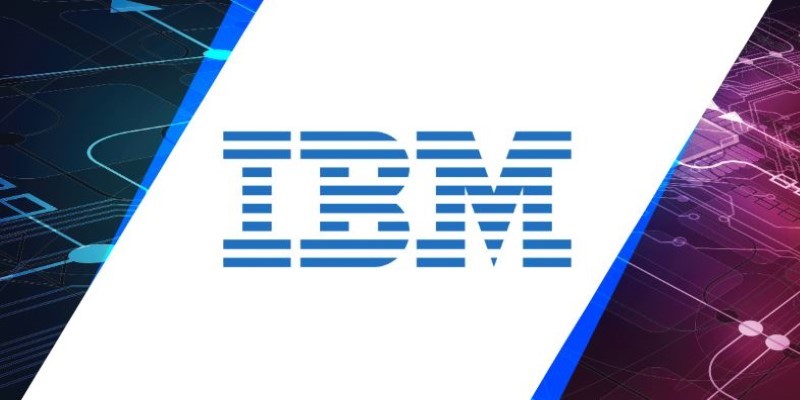
IBM Plans $150B Technology Investment in US, focusing on semiconductors, AI, quantum computing, and workforce development to strengthen innovation and create jobs nationwide

How the Philadelphia Eagles Super Bowl win was accurately predicted by AI, showcasing the growing role of data-driven analysis in sports outcomes

PaLM 2 is reshaping Bard AI with better reasoning, faster response times, multilingual support, and safer content. See how this powerful model enhances Google's AI tool

How the Bamba: Inference-Efficient Hybrid Mamba2 Model improves AI performance by reducing resource demands while maintaining high accuracy and speed using the Mamba2 framework
Advertisement

Curious about ChatGPT jailbreaks? Learn how prompt injection works, why users attempt these hacks, and the risks involved in bypassing AI restrictions
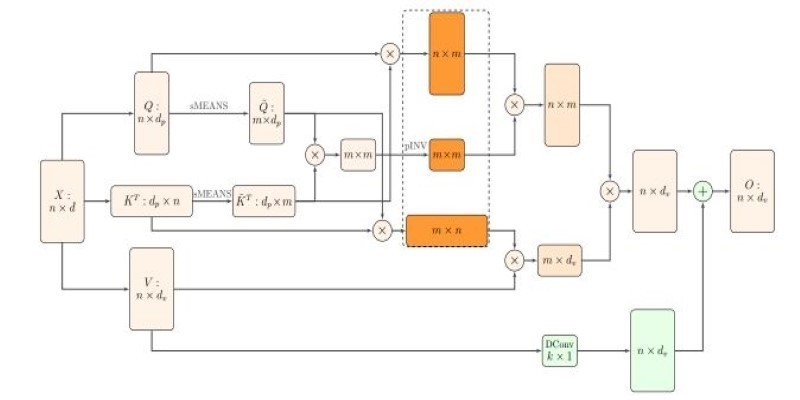
How Nyströmformer uses the Nystrmmethod to deliver efficient self-attention approximation in linear time and memory, making transformer models more scalable for long sequences
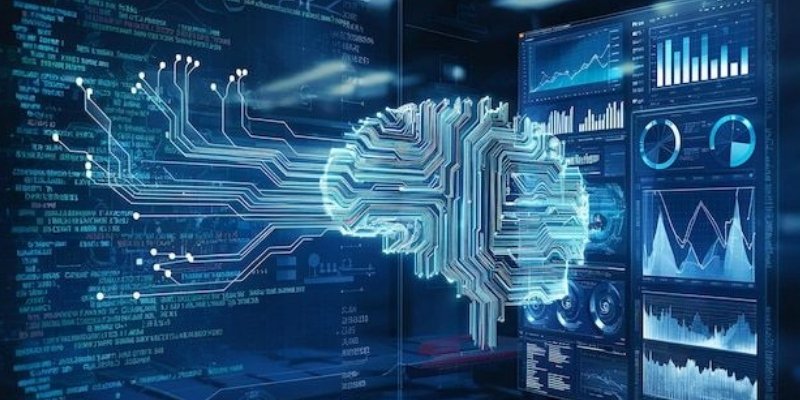
DataRobot acquires AI startup Agnostiq to boost open-source and quantum computing capabilities.

AI in Cars is transforming how we drive, from self-parking systems to predictive maintenance. Explore how automotive AI enhances safety, efficiency, and comfort while shaping the next generation of intelligent vehicles
Advertisement
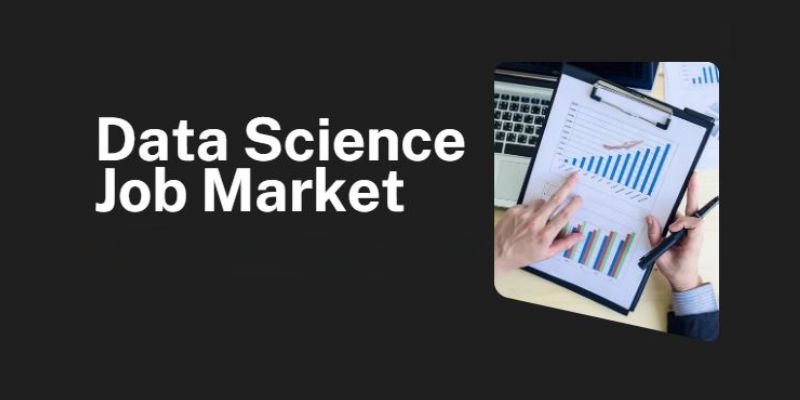
Improve your skills (both technical and non-technical) and build cool projects to set yourself apart in this crowded job market
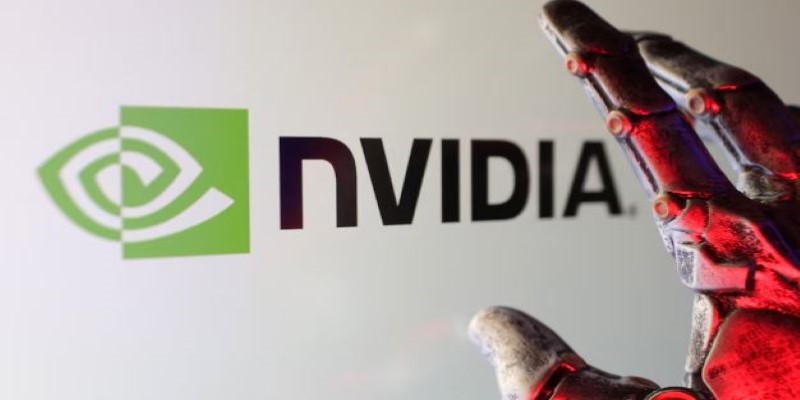
xAI, Nvidia, Microsoft, and BlackRock have formed a groundbreaking AI infrastructure partnership to meet the growing demands of artificial intelligence development and deployment
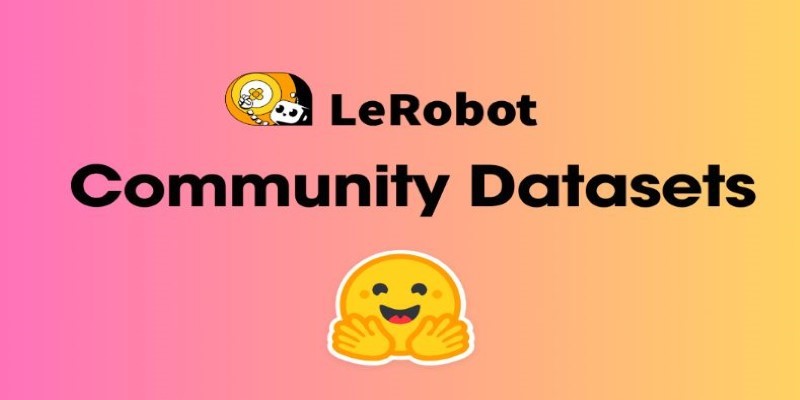
Explore the concept of LeRobot Community Datasets and how this ambitious project aims to become the “ImageNet” of robotics. Discover when and how a unified robotics dataset could transform the field
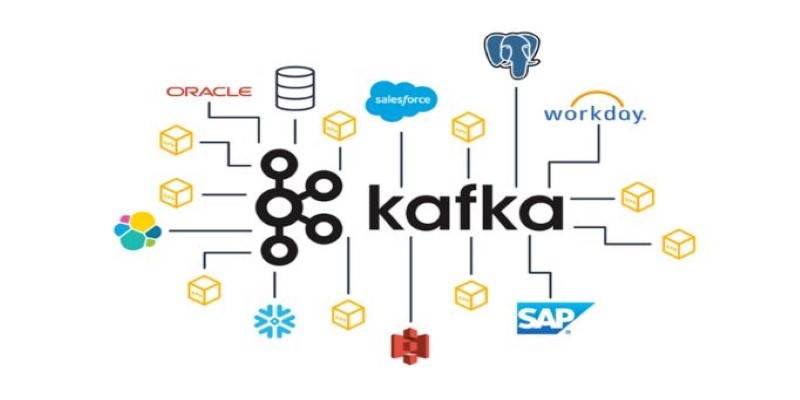
Explore Apache Kafka use cases in real-world scenarios and follow this detailed Kafka installation guide to set up your own event streaming platform